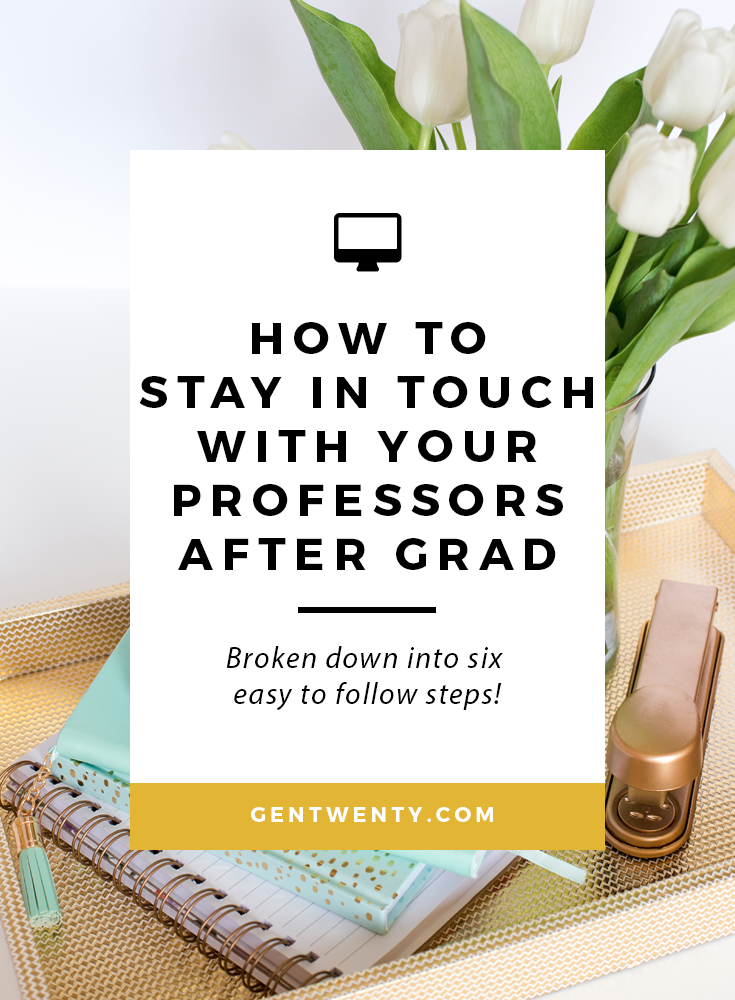
People often refer to a university degree as an exorbitantly-priced, glorified piece of paper. If you’re focused on only tangibles, I guess that’s kinda true.
However, if you make the most of your college years, you’ll be leaving with a lot more than a piece of paper and a set of skills to fill out your nascent resume. You’ll leave with a Rolodex of people (a.k.a., Gmail contacts) who will help you on your journey to your “dream job” or “success,” whatever those words mean to you.
You’ve heard it before and you’ll hear it again: networking is freaking important.
Maybe you’re like me and, when you hear the word “networking,” you picture giant conferences full of thousands of name-tagged, sharply-dressed people with stacks of business cards ready to fling around the room. That’s the type of networking that does not work for me – I’m shy, I’m awkward, and schmoozing of any kind makes me cringe.
Ingenuine interactions (of the “scratch my back and I’ll scratch yours” variety) make me deeply uncomfortable. It’s the same reason I can’t be a salesperson for a living. Being kind with an ulterior motive doesn’t feel like being kind at all.
The truth of “getting ahead” in the world, though, is that it does usually require other people’s help. On the road to your dream job, you will need to rely on others’ advice, recommendations, connections, and goodwill. Even Beyoncé had some help along the way.
While I’m not skilled at creating new connections out of thin air (nor do I think it’s the best way to network), I have learned to nurture the connections I already have. Naturally, many of those connections were borne out of my undergrad years and subsequent education. Professors are the key.
6 Steps To Stay in Touch with Your Professors:
1. Start today.
Start thinking about this right away if you haven’t already. Consider some professors you look up to; focus in on the ones who are intimately in touch with the field you want to break into. More than that, focus on the professors who are easy to talk to. The jovial, friendly, funny ones. I know you have some. The “right ones” should be easy to pinpoint (that’s why they’re the “right ones”.)
The reason you should not hesitate is that there is no graceful way to make a close connection to a professor after you have already graduated. If you reach out years later for a letter of recommendation or advice, they’ll be much less willing to help if they don’t know who the heck you are.
Once you figured out which professors are important to keep in touch with, then…
2. Build the foundation.
College courses vary. In seminars, your professor will learn your name in the first week. In large lectures, the professor may never see your face unless you make an effort to put it right in front of them.
Whatever the size or format of the course, get face time with the instructor as often as possible. Yep, even in seminars. Sit in the front row, attend every class, participate thoughtfully as often as possible, and show up to their office hours. No matter the size of the class, this effort will be noticed and appreciated. You’ll stand out.
3. Keep your name fresh in their mind.
Chances are, you’ll have each professor only once. Maybe twice. That means you have mere months to make a lasting impression, a tall order given that people can only remember about 150 people at a time and they will have another cohort in front of them the next semester.
To keep your name in their mind, send relevant emails every so often. For example, forward a news article that is relevant to their course topic or research. It’ll show that you 1) remember what they’re about, and 2) continue to stay engaged in the topic. They’ll also appreciate the extra info.
You can use that same email to briefly fill them in on what’s up in your life. Tell them if you’re looking for a job or if you’re moving to a city; they might have some valuable words of advice for you.
A less direct way to keep your name fresh: follow them on Twitter. According to a 2015 study, about 1 in 40 scholars use Twitter and that number is probably growing.

4. Genuinely take an interest in them.
They weren’t put on this earth to be your professor. If it’s appropriate given the context and your familiarity with one another, as them about their life. Ask about their kids, how they like working for the university, et cetera. Read the room, of course. No need to make it weird.
This is a crucial part of the way I do things, though. No way am I going to stay in contact with someone who I don’t like on a personal level just on the off chance they could help me get a job in the year 2034. Using people is sleazy and I don’t really want a reference or advice from someone whose life I know or care nothing about, anyway.
5. Don’t force it.
I’ve had a couple connections fizzle naturally. They might be busy, maybe their interests changed, or maybe they find me impossibly annoying. I’ll never know. If their emails are short and do not end with questions to prompt a response from you, then it’s time to leave ’em alone. They’re just not that into you.
6. Gratitude looks good on you.
One of the many lessons my mother instilled in me: handwritten thank you notes are worth their weight in pure gold. Thank them for their time, for every letter of recommendation they write, for every piece of advice they offer.
I wrote this article specifically about professors, but the same principles can be applied to any potential mentor. In the end, it’s about being genuine and nurturing the connections that you naturally come across throughout your life.
No business cards required, but a few thank yous are a nice touch. If you struggle to stay in touch with your professors, simply begin by reaching out. They may or may not get back to you, but the answer will always be no if you don’t reach out now.
